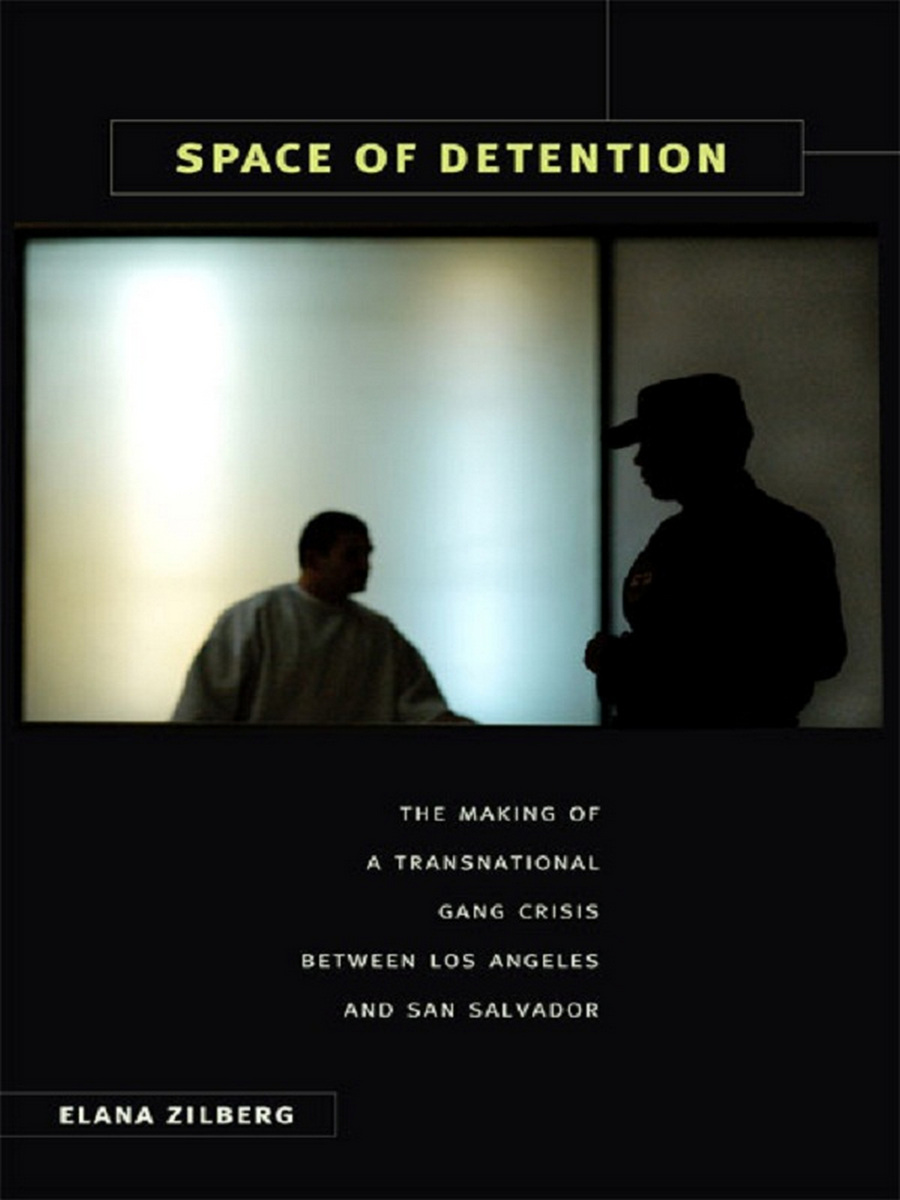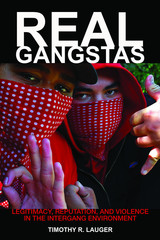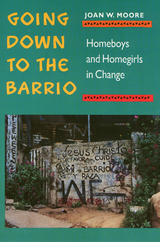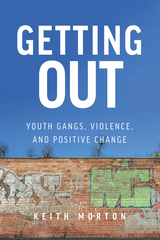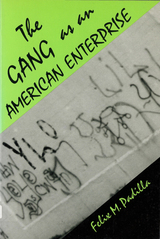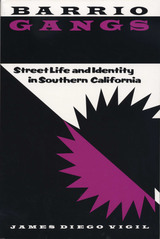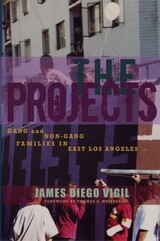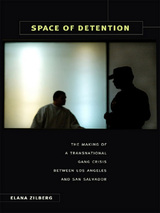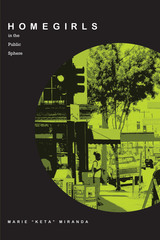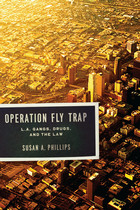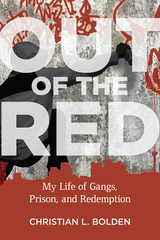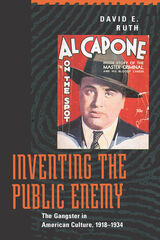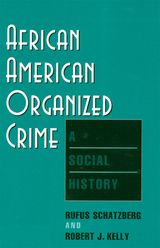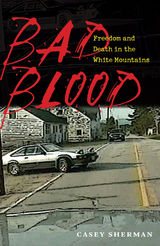“[H]er analysis has much to offer geographers interested in policy transfer and harmonization…. Zilberg is able to offer a rich analysis of the intersections of Cold War militarism, transnational migration, urban restructuring, criminalization, and postconflict governmental reform in a predominantly ‘sending country’. - Lauren Martin, Environment and Planning D: Society and Space
“Elana Zilberg’s book contributes to emerging scholarship making the important connections between the war on gangs, the war on drugs, and the war on terror as a continuation of US empire…. This book provides important empirical evidence to tracing the origins of post-9/11 anti-terror legislation, acts, and attitudes while providing the reader a point from which to analyze the militarization of public space today. Overall, the book is a wise choice for graduate and undergraduate courses and scholars concerned with security states and subject formation.” - Cristobal Valencia, Journal of Anthopological Research
“Space of Detention is an important book, one based on a fascinating and extremely impressive body of ethnographic work… [T]he book succeeds in so many ways that it merits a wide audience.” - Joseph Nevins, Journal of American Studies
“Zilberg endeavors to uncover realities normally obscured, and to situate anti-gang discourse and policies within a broader framework than hegemonic discourse allows.” - Steve Herbert, Theoretical Criminology
“Zilberg’s audiences have waited a long time for this book, and it will not disappoint. Even as it refuses to be the exposé on gangs that some may expect, it offers a powerful and original account of interlocking global processes of capitalism and criminalization.” - Ellen Moodie, Anthropological Quarterly
“Ambitious in scope and scale, Space of Detention is a perceptive
and beautifully written volume that will appeal to graduate students and researchers in the fields of Latin American studies, critical criminology, and anthropology, as well as urban and cultural studies. Grounded in rich ethnographic detail, the study not only serves as a reminder that accurate gang assessments are indispensable for effective gang policies but also persuasively exposes the social, migration, and justice consequences of repressive policing.” - Sonja Wolf, Current Anthropology
“This incredibly compelling ethnography bristles with insights into such matters as the integrated landscapes of San Salvador and Los Angeles, the nature of the ‘community’ on whose behalf post-riot Los Angeles was rebuilt, and the ways that anti-gang strategies paradoxically produce and reproduce gangs. Elana Zilberg’s discussion of how policing strategies feed into and take on the characteristics of gangs is superb. Space of Detention is a significant contribution to scholarly understandings of security, space, and movement, and it is fascinating reading, based on years of complicated and original ethnographic research.”—Susan Bibler Coutin, author of Nation of Emigrants: Shifting Boundaries of Citizenship in El Salvador and the United States
“This is a viscerally powerful read that will be a revelation for anyone who lives with a constant background of gang violence in Los Angeles. Shifting focus between media images and vivid ethnographic material—from sustained, recursive fieldwork conducted during a turbulent period in the recent history of American empire—Elana Zilberg achieves both the most intelligent and the most charged application of Benjamin’s method of dialectical images in the annals of contemporary ethnography.”—George E. Marcus, co-author of Designs for an Anthropology of the Contemporary
“Space of Detention is an important book, one based on a fascinating and extremely impressive body of ethnographic work… [T]he book succeeds in so many ways that it merits a wide audience.”
-- Joseph Nevins Journal of American Studies
“Her analysis has much to offer geographers interested in policy transfer and harmonization…. Zilberg is able to offer a rich analysis of the intersections of Cold War militarism, transnational migration, urban restructuring, criminalization, and postconflict governmental reform in a predominantly ‘sending country’.
-- Lauren Martin Environment and Planning D
“Elana Zilberg’s book contributes to emerging scholarship making the important connections between the war on gangs, the war on drugs, and the war on terror as a continuation of US empire…. This book provides important empirical evidence to tracing the origins of post-9/11 anti-terror legislation, acts, and attitudes while providing the reader a point from which to analyze the militarization of public space today. Overall, the book is a wise choice for graduate and undergraduate courses and scholars concerned with security states and subject formation.”
-- Cristobal Valencia Journal of Anthropological Research
“Zilberg endeavors to uncover realities normally obscured, and to situate anti-gang discourse and policies within a broader framework than hegemonic discourse allows.”
-- Steve Herbert Theoretical Criminology
“Zilberg’s audiences have waited a long time for this book, and it will not disappoint. Even as it refuses to be the exposé on gangs that some may expect, it offers a powerful and original account of interlocking global processes of capitalism and criminalization.”
-- Ellen Moodie Anthropological Quarterly
